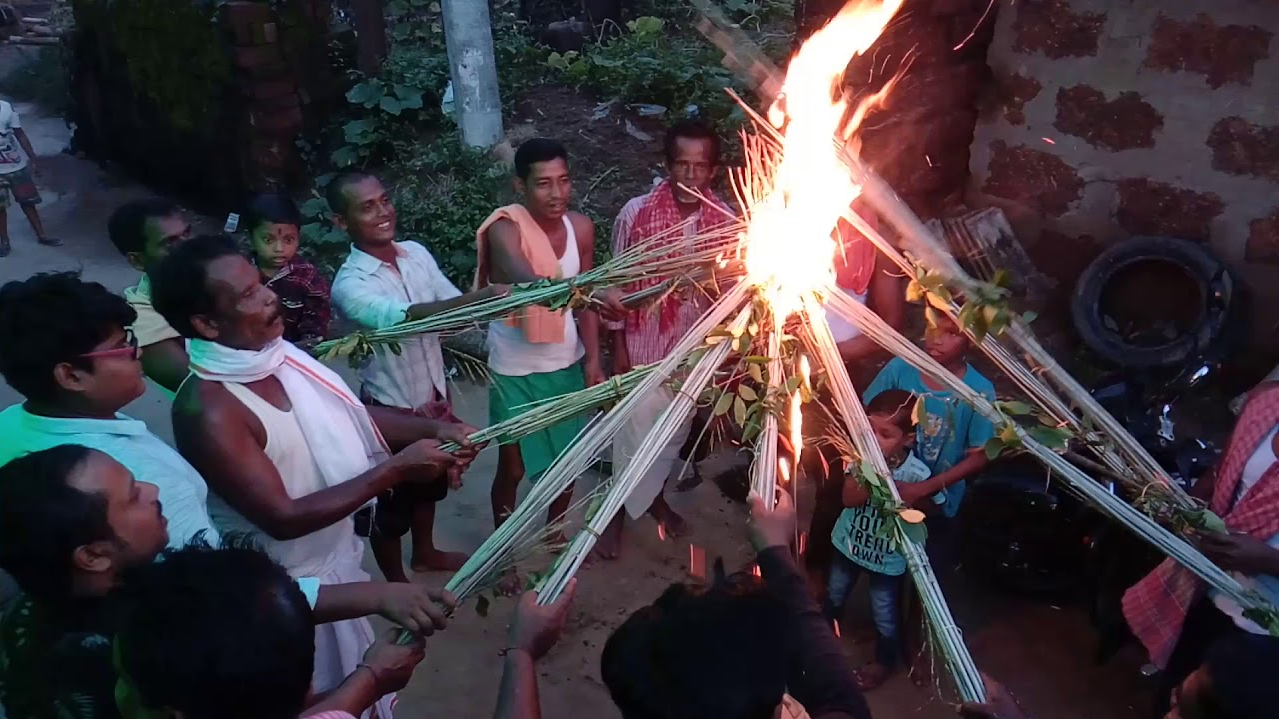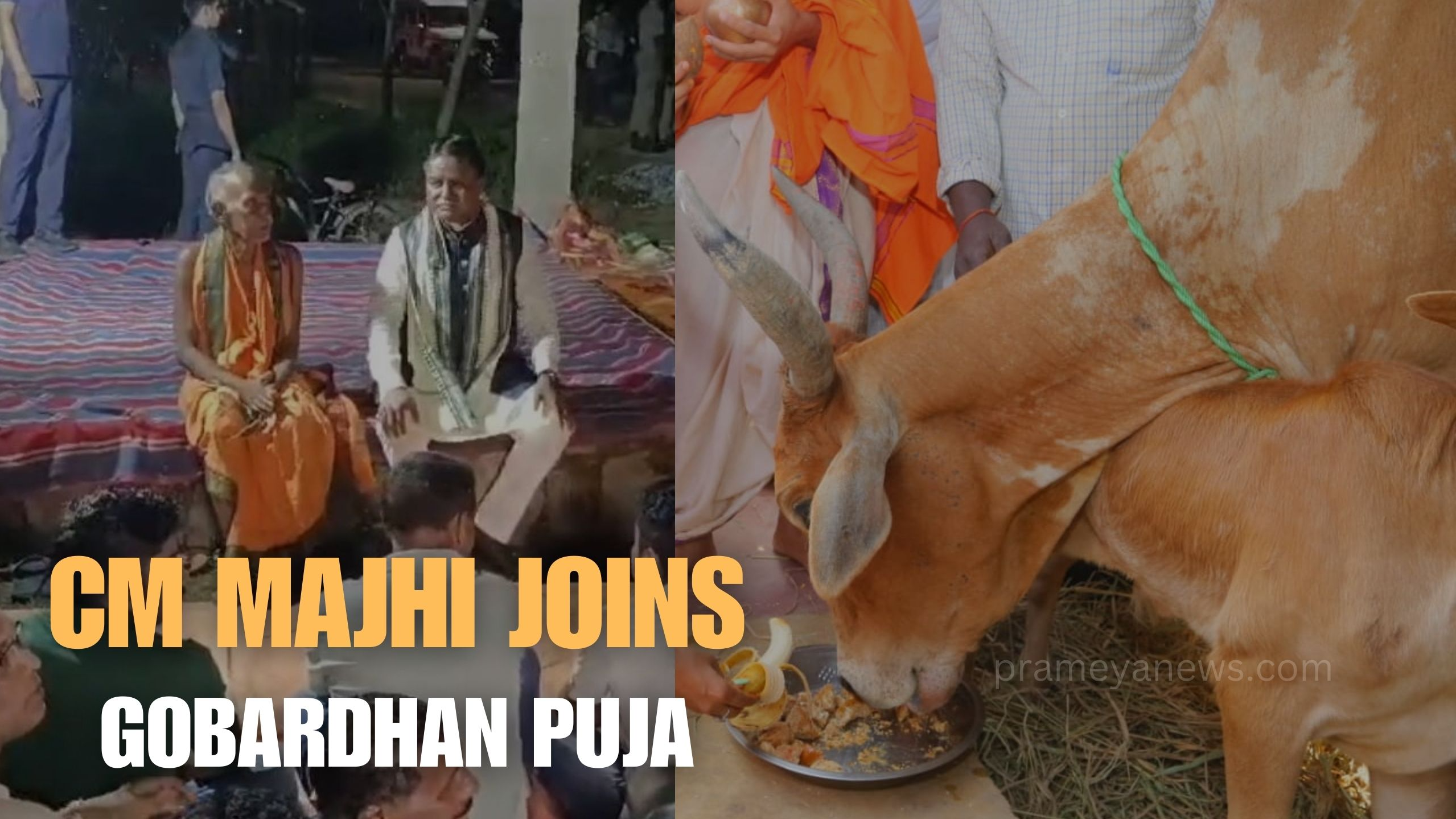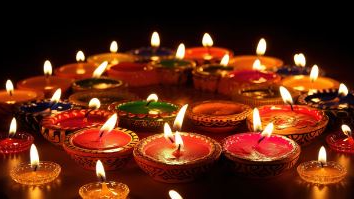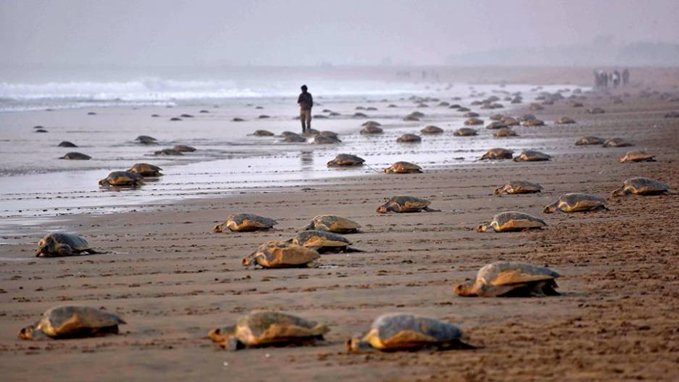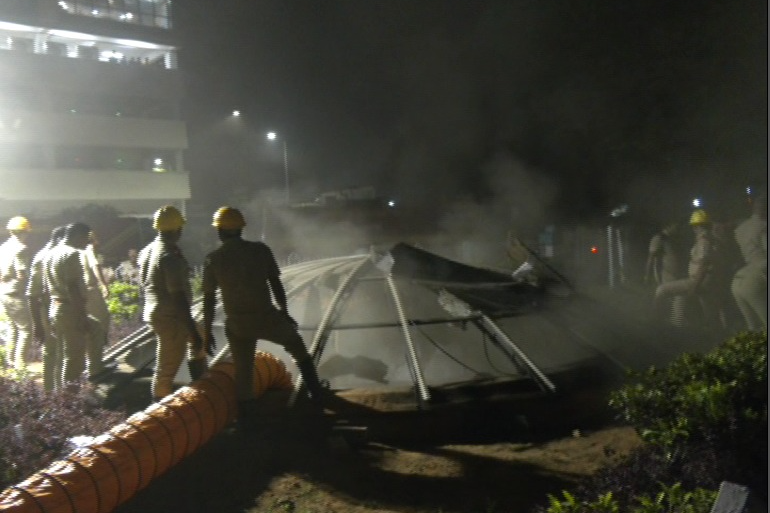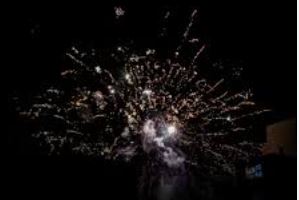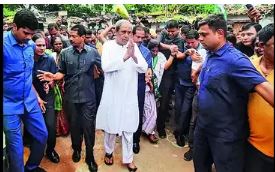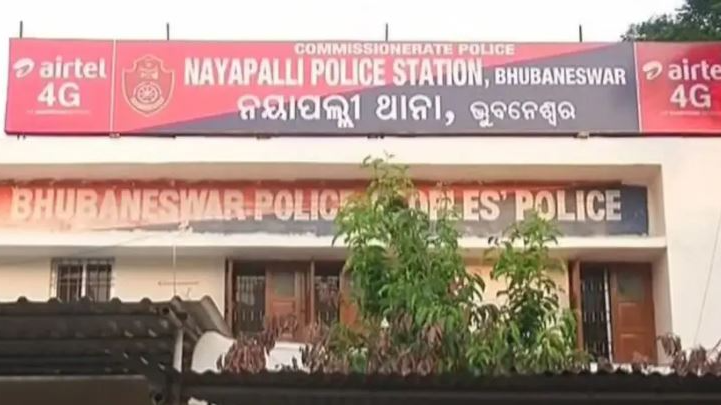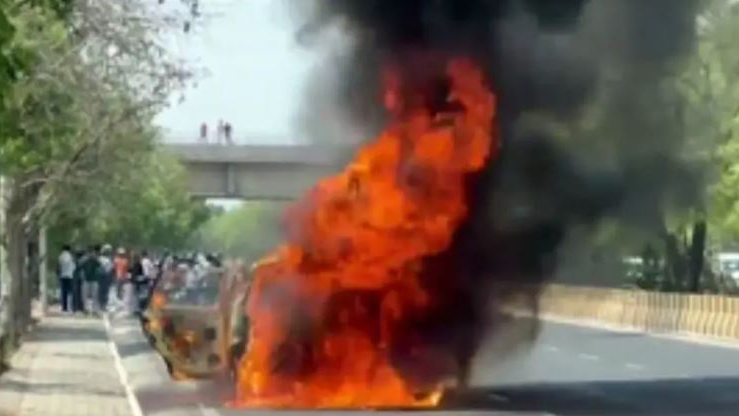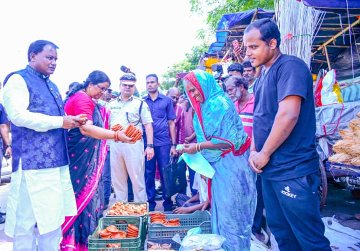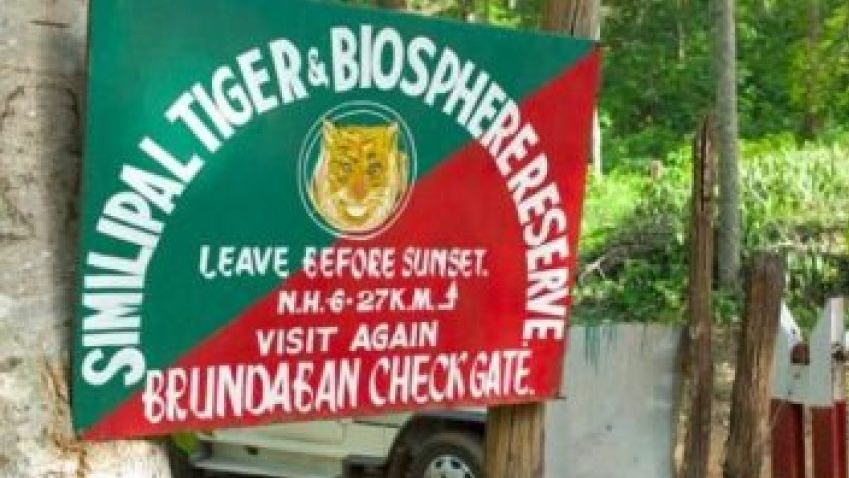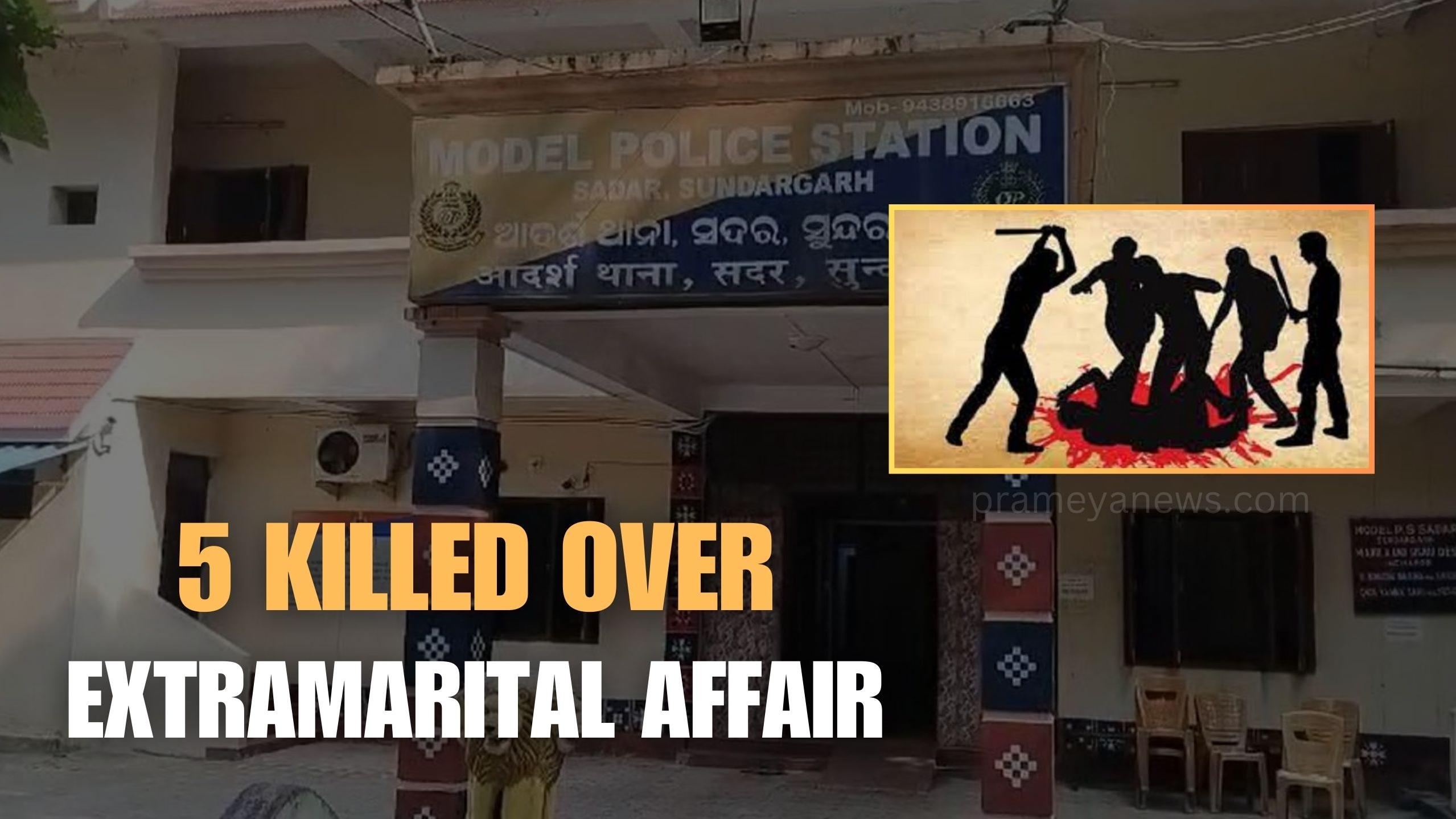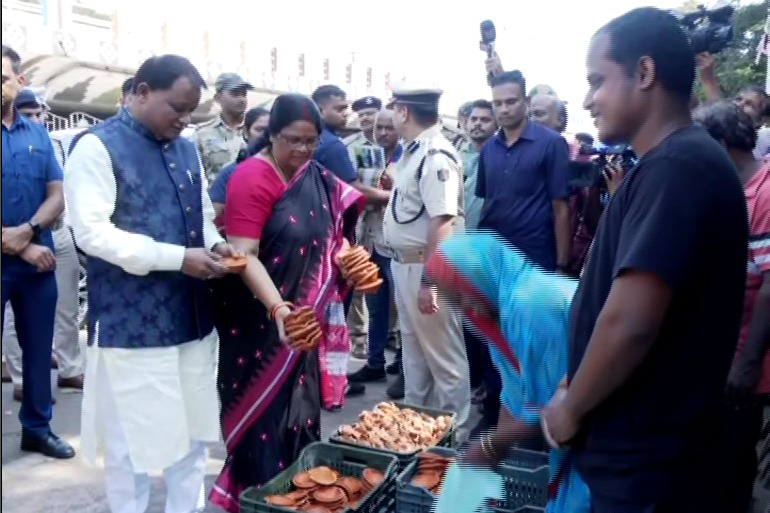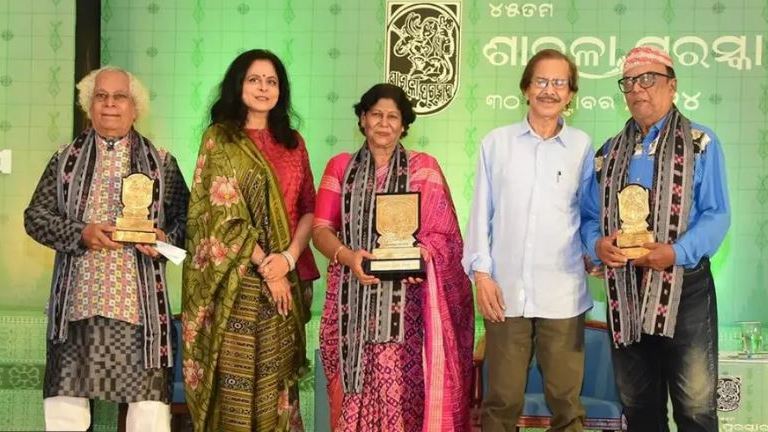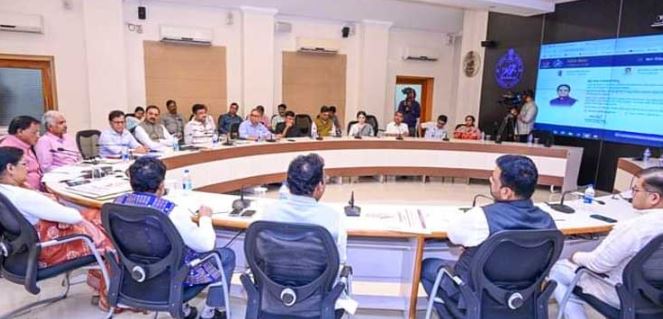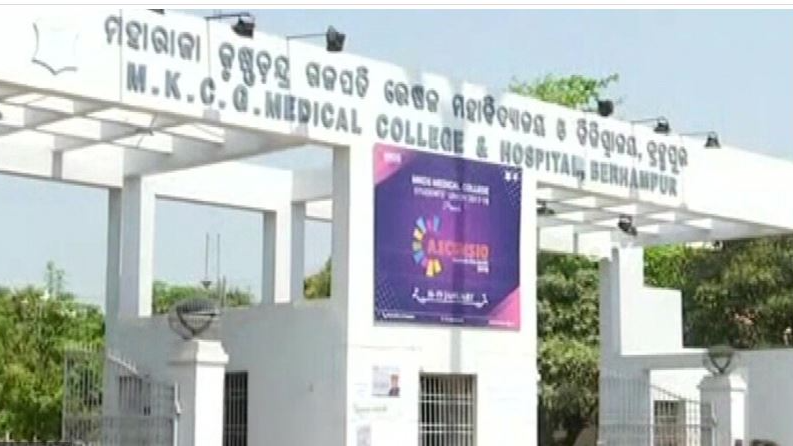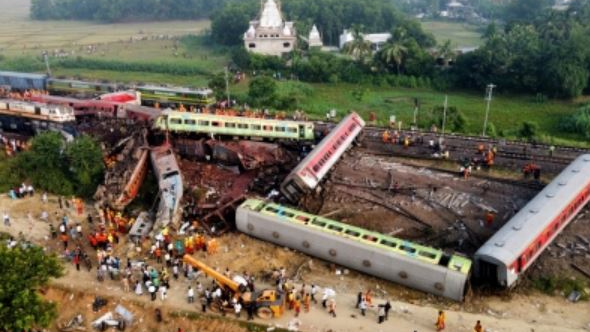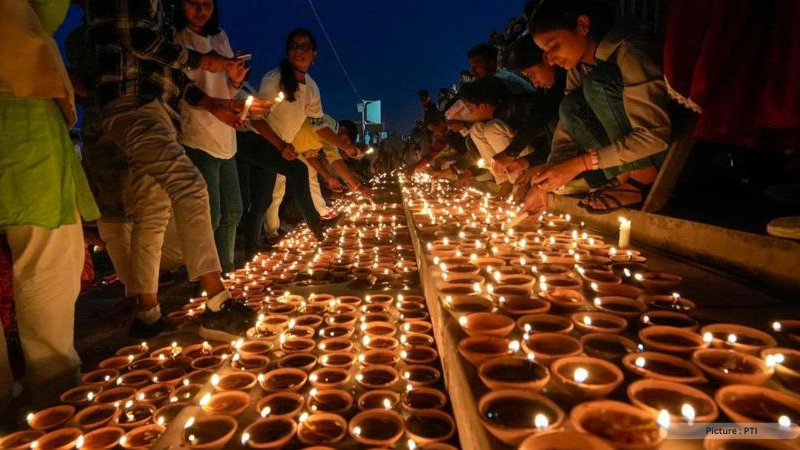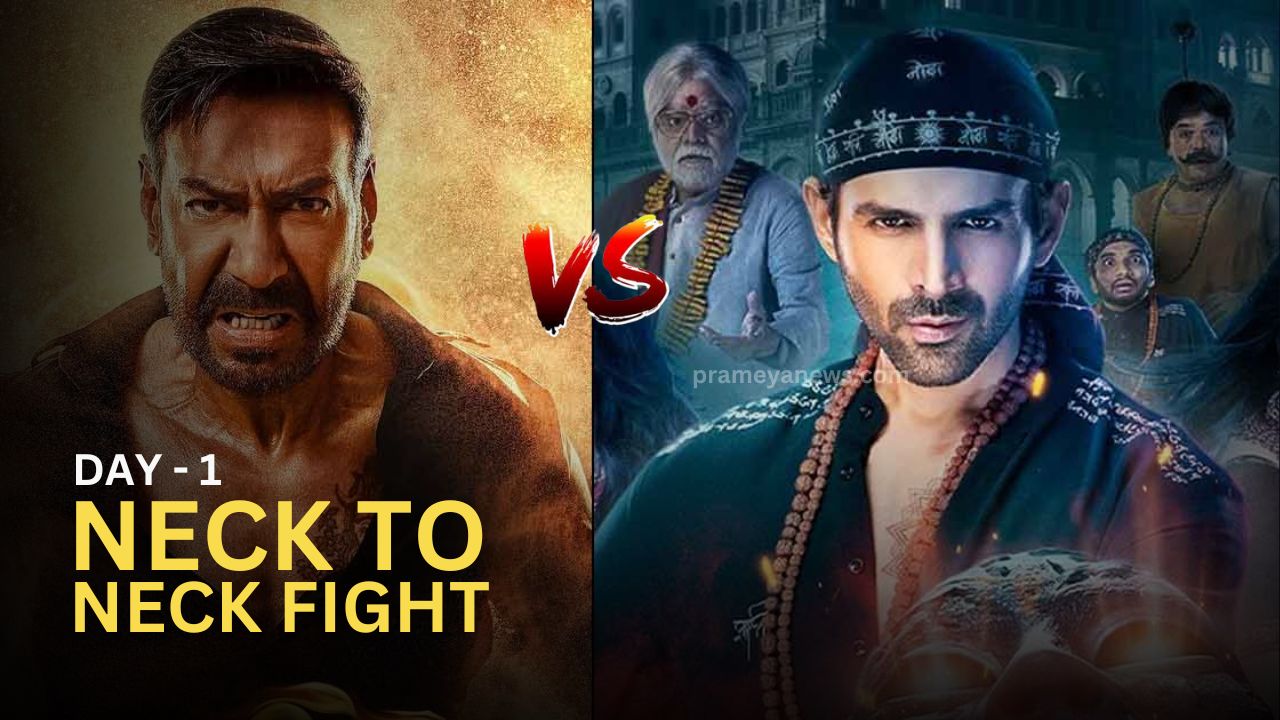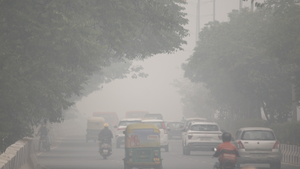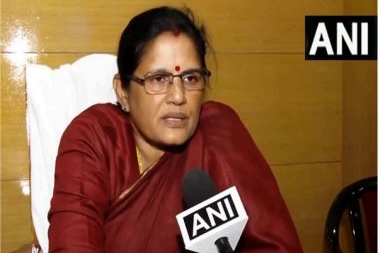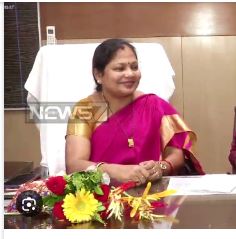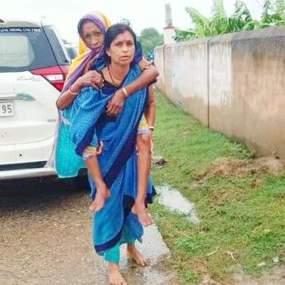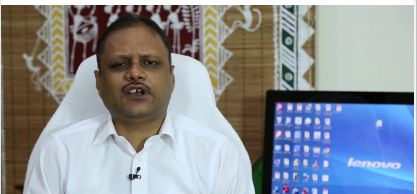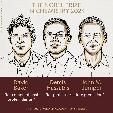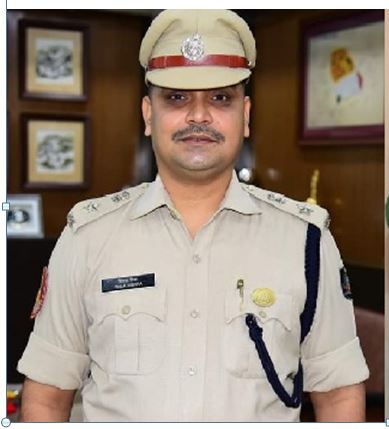While Diwali (Deepabali) illuminates homes and hearts across India with its dazzling displays of light and joyous celebrations, in Odisha, the festival takes on a deeper, more poignant meaning. Amidst the fireworks and festivities, a unique tradition emerges, one that connects the living with their ancestors and illuminates the path of remembrance: Badabadua Daka.
This ancient ritual, deeply ingrained in Odia culture, is a testament to the enduring bond between generations and the belief that the spirits of our ancestors continue to guide and protect us. As the rest of India celebrates Diwali with Lakshmi Puja and the triumph of light over darkness, Odisha adds another layer of significance, inviting the spirits of ancestors back to their earthly homes and offering them a path towards peace and liberation.
Badabadua Daka: a call to the ancestors
The name itself, "Badabadua Daka," roughly translates to "calling the ancestors." On the evening of Diwali, Odia families gather at their doorsteps, holding bundles of jute sticks known as "kaunriya kanta." As they light these sticks, they chant an age-old prayer:
"Badabadua ho, andhaare aasa, aalua re jaa!"
This evocative verse, meaning "O ancestors, come in the darkness, go back in the light," is an invitation for the spirits of ancestors to return to their families, guided by the flickering flames of the jute sticks. The glowing embers that rise into the night sky symbolize the souls' transition from earthly attachments towards a realm of light and liberation.
Ritual rooted in devotion and tradition
Badabadua Daka is a simple yet powerful ritual, deeply rooted in both devotion and tradition. It reflects the Odia people's profound respect for their ancestors and the belief that their presence continues to influence the lives of their descendants. The ritual also highlights the importance of fulfilling familial duties and honoring the legacy of those who came before.
In Puri, the spiritual heart of Odisha, Badabadua Daka takes on an even deeper significance. Within the sacred Jagannath Temple, priests perform the ritual in the presence of the deities, Lord Jagannath, Balabhadra, and Subhadra. It is believed that the spirits of ancestors also visit the temple's sanctum, seeking blessings and purification on their journey towards the afterlife.
This unique blend of ancestral reverence and devotion to Lord Jagannath underscores the interconnectedness of family and spirituality in Odia culture. The ritual highlights the belief that ancestors, guided by the divine grace of Lord Jagannath, continue to protect and bless their descendants.
Despite the rapid pace of modernization and urbanization, Badabadua Daka continues to thrive in Odisha, embraced by both young and old. This enduring tradition serves as a powerful reminder of the importance of remembering our roots, honoring our ancestors, and cherishing the bonds that connect us across generations.



